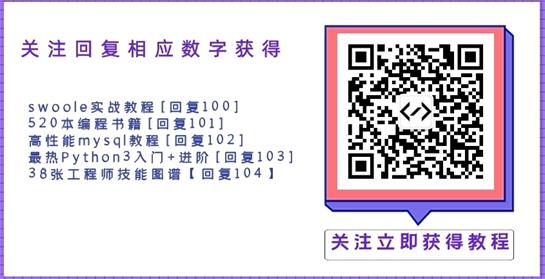关于UrlEncode的实现(C++)。网上有非常多不同的版本号。对须要编码的字符集的选取并不统一。那么究竟有没有标准呢?答案是有的。
绝对不编码的,仅仅有字母、数字、短横线(-)、下划线(_)、点(.)和波浪号(~),其它字符要视情况而定。所以一般性的urlencode仅仅需保留上述字符不进行编码。
以下给出实现:
unsigned char ToHex(unsigned char x)
{
return x > 9 ? x + 55 : x + 48;
}
unsigned char FromHex(unsigned char x)
{
unsigned char y;
if (x >= 'A' && x <= 'Z') y = x - 'A' + 10;
else if (x >= 'a' && x <= 'z') y = x - 'a' + 10;
else if (x >= '0' && x <= '9') y = x - '0';
else assert(0);
return y;
}
std::string UrlEncode(const std::string& str)
{
std::string strTemp = "";
size_t length = str.length();
for (size_t i = 0; i < length; i++)
{
if (isalnum((unsigned char)str[i]) ||
(str[i] == '-') ||
(str[i] == '_') ||
(str[i] == '.') ||
(str[i] == '~'))
strTemp += str[i];
else if (str[i] == ' ')
strTemp += "+";
else
{
strTemp += '%';
strTemp += ToHex((unsigned char)str[i] >> 4);
strTemp += ToHex((unsigned char)str[i] % 16);
}
}
return strTemp;
}
std::string UrlDecode(const std::string& str)
{
std::string strTemp = "";
size_t length = str.length();
for (size_t i = 0; i < length; i++)
{
if (str[i] == '+') strTemp += ' ';
else if (str[i] == '%')
{
assert(i + 2 < length);
unsigned char high = FromHex((unsigned char)str[++i]);
unsigned char low = FromHex((unsigned char)str[++i]);
strTemp += high*16 + low;
}
else strTemp += str[i];
}
return strTemp;
}
补充知识:C++中URL解码/编码
我就废话不多说了,大家还是直接看代码吧~
#include <iostream>
#include <string>
using namespace std;
char dec2hexChar(short int n) {
if (0 <= n && n <= 9) {
return char(short('0') + n);
}
else if (10 <= n && n <= 15) {
return char(short('A') + n - 10);
}
else {
return char(0);
}
}
short int hexChar2dec(char c) {
if ('0' <= c && c <= '9') {
return short(c - '0');
}
else if ('a' <= c && c <= 'f') {
return (short(c - 'a') + 10);
}
else if ('A' <= c && c <= 'F') {
return (short(c - 'A') + 10);
}
else {
return -1;
}
}
string escapeURL(const string& URL)
{
string result = "";
for (unsigned int i = 0; i < URL.length(); i++) {
char c = URL[i];
if (
('0' <= c && c <= '9') ||
('a' <= c && c <= 'z') ||
('A' <= c && c <= 'Z') ||
c == '/' || c == '.'
) {
result += c;
}
else {
int j = (short int)c;
if (j < 0) {
j += 256;
}
int i1, i0;
i1 = j / 16;
i0 = j - i1 * 16;
result += '%';
result += dec2hexChar(i1);
result += dec2hexChar(i0);
}
}
return result;
}
string deescapeURL(const string& URL) {
string result = "";
for (unsigned int i = 0; i < URL.length(); i++) {
char c = URL[i];
if (c != '%') {
result += c;
}
else {
char c1 = URL[++i];
char c0 = URL[++i];
int num = 0;
num += hexChar2dec(c1) * 16 + hexChar2dec(c0);
result += char(num);
}
}
return result;
}
以上这篇C++ 写的UrlEncode和UrlDecode实例就是小编分享给大家的全部内容了,希望能给大家一个参考,也希望大家多多支持自学编程网。

- 本文固定链接: https://zxbcw.cn/post/201855/
- 转载请注明:必须在正文中标注并保留原文链接
- QQ群: PHP高手阵营官方总群(344148542)
- QQ群: Yii2.0开发(304864863)
